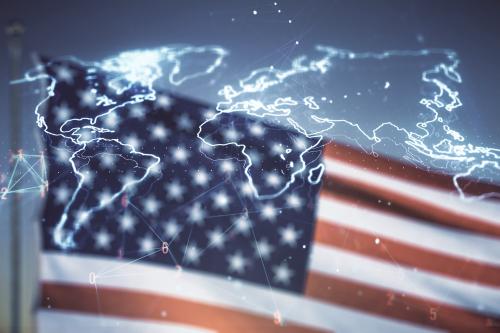SUMMARY
The world’s weakest states are poor states that lack the capacity to fulfill essential government functions, chiefly: 1) to secure their population from violent conflict; 2) to competently meet the basic human needs of their population (i.e. food, health, education), and; 3) to govern legitimately with the acceptance of a majority of their population. The Brookings-CGD project defines weak states as poor states that suffer from significant “gaps” in security, performance and legitimacy. We classify states as “weak” if they meet the “low income” standard and exhibit “gaps” in at least two of the three fundamental government functions. This paper identifies fifty-two weak states in the world, and expounds on the multifaceted reasons this weakness poses a global security challenge. These states are high-risk zones that in a rapidly globalizing world may eventually, often indirectly, pose significant risks to far-away countries. Transnational “spillover” from these states includes conflict, terrorism, disease, and environmental degradation. Efforts to illuminate the complex relationship between poverty and insecurity may be unwelcome to those who want assurance that global poverty and U.S. national security are unrelated. However, we ignore or obscure the implications of global poverty for global security at our peril.
The Brookings Institution is committed to quality, independence, and impact.
We are supported by a diverse array of funders. In line with our values and policies, each Brookings publication represents the sole views of its author(s).



